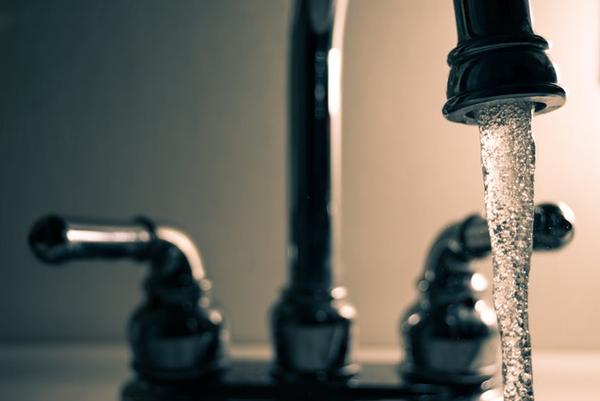As homeowners look for more energy-efficient and cost-effective solutions to meet their hot water needs, tankless hot water heaters are becoming an increasingly popular appliance upgrade. These innovative systems offer several advantages over conventional storage tanks, eliminating many of the common problems associated with bulky and occasionally unsafe storage tanks. If you’re looking for a better way to access hot water in your home, this article will discuss five major issues you won’t encounter when using a tankless hot water heater.
Leaking Tanks
The biggest benefit of upgrading to tankless hot water heaters is that they don’t have a storage tank component, which can be prone to leaking or rupturing. Leaking tanks can cause extensive damage to your home and belongings, not to mention the potential waste of valuable resources such as water and energy. With a tankless system, there’s no risk of leaks or ruptures since the unit only heats up the necessary amount of water on demand and lacks a storage component altogether.
Running Out of Hot Water
Running out of hot water during peak usage times can be frustrating for any household. Traditional storage tanks have a limited capacity for the hot water they can provide at any given time, which means if multiple people are accessing hot water simultaneously or if you’re using other appliances requiring heated water, you may quickly deplete your supply.
However, with a tankless system in place, there’s no need to worry about running out because it continuously heats an endless stream as needed, making it the perfect solution for large families or homes where high volumes of hot water are required throughout the day.
Poor Energy Efficiency
Tankless systems boast improved efficiency compared to their conventional counterparts due primarily to their ability to heat only what’s being used rather than continually maintaining the temperature within an entire tank like older types of hot water systems. These subtle but meaningful reductions in energy usage and heat loss can translate into lower energy bills over time, making them an attractive option for the environmentally conscious as well as those seeking to reduce the overall running costs of their home.
Short Lifespan
Traditional storage tank water heaters typically last around 10-15 years before they need to be replaced. In contrast, tankless hot water heaters have an average lifespan of 20-25 years, with some models even boasting up to a 30-year life expectancy. This extended longevity is due in part to the fact that there’s no risk of corrosion or rusting from stored water and less wear and tear on components, as the system only operates when hot water is needed.
Wasted Space
One unique advantage offered by tankless systems worth mentioning is their compact size which makes them ideal for small homes and apartments where space is often at a premium. Unlike bulky tank systems that take up considerable space either inside or outside the property, tankless units can be mounted directly on walls to free up valuable floor space, which can be used for other purposes such as additional appliances, cabinetry or simply streamlining the look of your space.

